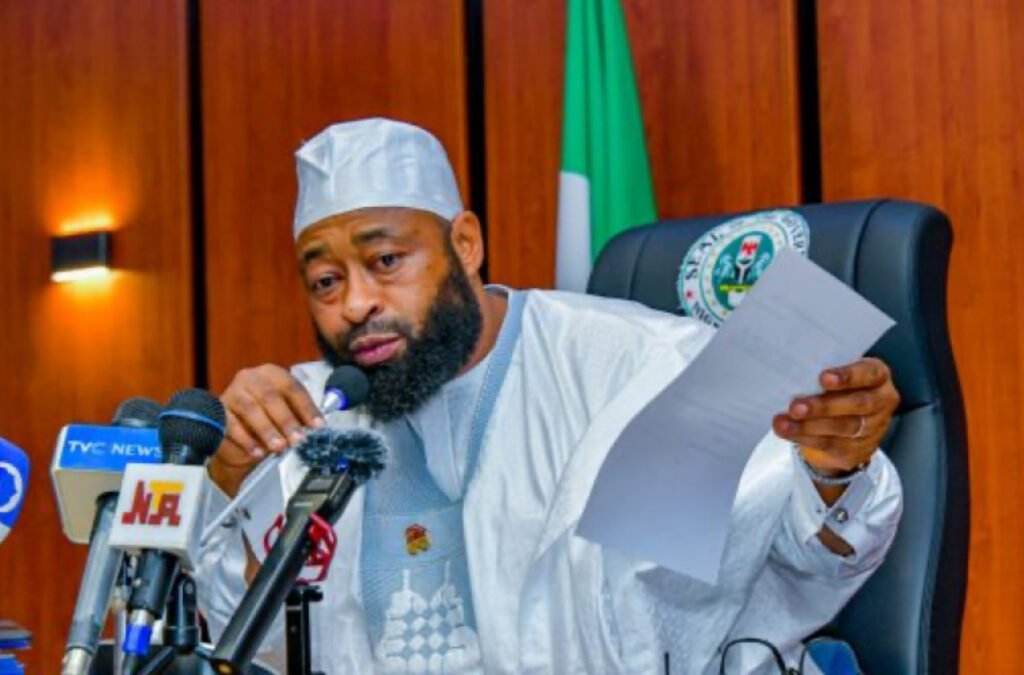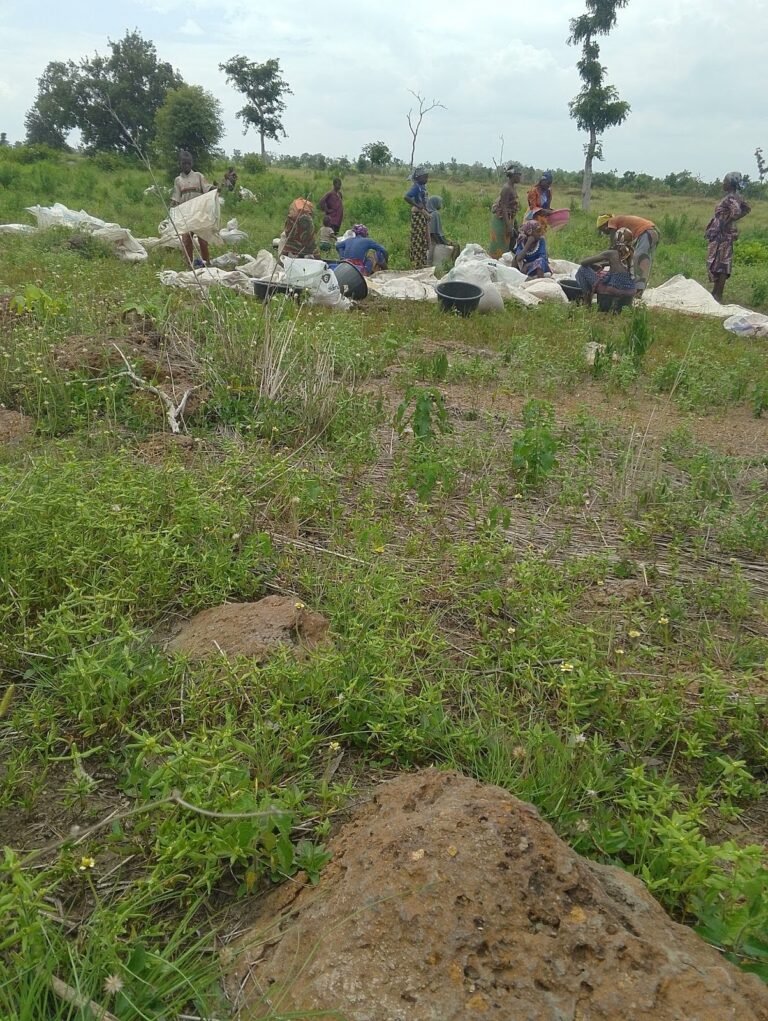Niger state Governor Umar Bago recently extended his government’s tightening grip on public expression. Weeks after shutting down a private radio station for alleged incitement, the governor moved to regulate preaching across the state, ordering clerics to obtain licences and submit their sermons for vetting before they deliver it to the public.
What began as a media restriction has now evolved into a wider campaign to control how information and belief circulate in the state, something human rights advocates say violates Nigerians’ constitutional rights to freedom of speech, information, and religion.
The first signs emerged in August when Bago directed security operatives to seal Badeggi FM 90.1, a privately owned station in Minna, accusing it of “unethical broadcasting” and “inciting public unrest.” The order, announced through the Commissioner for Homeland Security, came without a formal NBC sanction, drawing immediate outrage from press bodies.
The Nigerian Bar Association called it “executive rascality of the highest order,” insisting that only the National Broadcasting Commission (NBC) has the constitutional authority to suspend broadcast operations. Amnesty International described the action as “an open attack on media freedom and a dangerous precedent for democracy”.
At the time, Bago defended the decision on TVC’s Politics on Sunday, claiming the station had “crossed ethical lines” and insisted that “no responsible government would allow its airwaves to be used to incite violence.” His words, meant to justify control, foreshadowed a more sweeping policy that would soon touch religion, the other key sphere of public influence in the state.
Licensing the Pulpit
By September, the governor’s gaze had shifted from journalists to clerics. A new directive announced by the Ministry of Religious Affairs required all preachers to register with the state and submit their sermons for approval before delivering them publicly.
Governor Bago defended the order as a peace-building measure, saying: “I didn’t ban evangelism. For anybody going to sermon on a Friday, he should bring his scriptures for review.”
According to Umar Farooq, the state’s Religious Affairs Director General, the policy revives a dormant 1985 military edict aimed at preventing inter-faith tensions.
Yet religious and civil-rights groups saw something deeper. Lawyer Maduabuchi Idam described the measure as “the highest attempt in recent times to gag free speech and by extension police religion.” The Christian Association of Nigeria (CAN) clarified that the registration currently applies to Muslim clerics under the Da’awa Board but warned that the law’s broad language allows it to cover all faiths.
Meanwhile, the new rules have prompted legal action. A suit before the Federal High Court in Minna, filed by human-rights lawyer Mohammed Danjuma, argues the directive violates constitutional rights to life, expression, and religion under Sections 33, 36, 39, and 46 of the 1999 Constitution.
Controlling the Narrative
For analysts, the sequence of the media and religion restrictions reveals a strategy of narrative consolidation. In both cases, the government justified its interventions as responses to “incitement” or “disorder,” yet the outcomes point toward centralized control over civic space.
The twin crackdowns carry lessons beyond Niger state. The neighbouring Kaduna once attempted to license preachers under the state’s Religious Preaching Regulation Bill which drew national criticism and court battles. In Kano, radio stations faced temporary closures for allegedly airing “provocative” content. Each instance illustrates how security arguments are being used by sub-national governments to test the boundaries of Nigeria’s constitutional protections for the freedom of expression.
But what makes Niger’s case distinct is its dual focus: both information and belief. In a society where the press and the pulpit serve as mirrors of public conscience, controlling them means shaping how citizens think, feel, and react.
Though the state’s moves may still face judicial pushback, its implications for Nigeria’s democratic fabric are already evident. If governors can unilaterally shut down radio stations and screen sermons, then the constitutional wall protecting free expression may become paper-thin.















